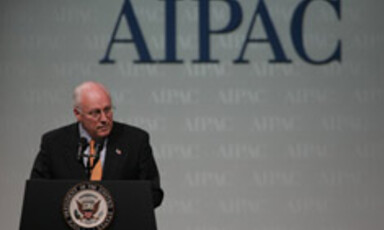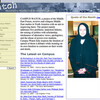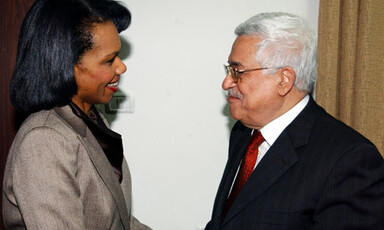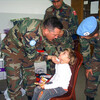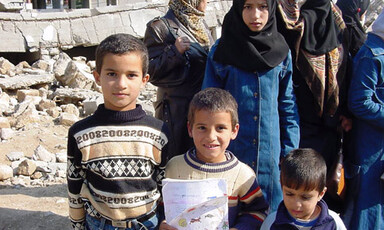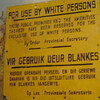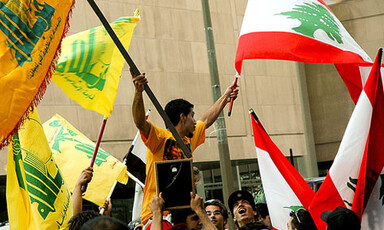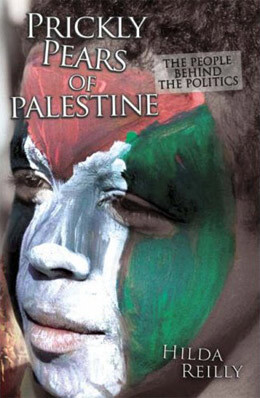
From the Mouth of the Lion's Den
15 January 2007
On Saturday evening Barbara and Grant invited me to a prayer meeting. Before going there we drove over into Israel to pick up an American woman, Joanne. On the way back we passed a group of Palestinians standing at the side of the road. ‘Stop!’ Joanne cried. ‘I want to witness. Stop! Stop!’ Barbara rammed on the brakes. ‘I’ve got some leaflets with me,’ Joanne explained. ‘Whenever I see Palestinians I give them leaflets so that they can learn about the word of the Lord.’ She brought a sheaf of papers out of her bag and opened the door. I jumped out after her, keen to witness this ‘witnessing’. Joanne was thrusting her leaflets into the hands of the Palestinians, speaking to them in English about the love of Jesus. Read more about From the Mouth of the Lion's Den
